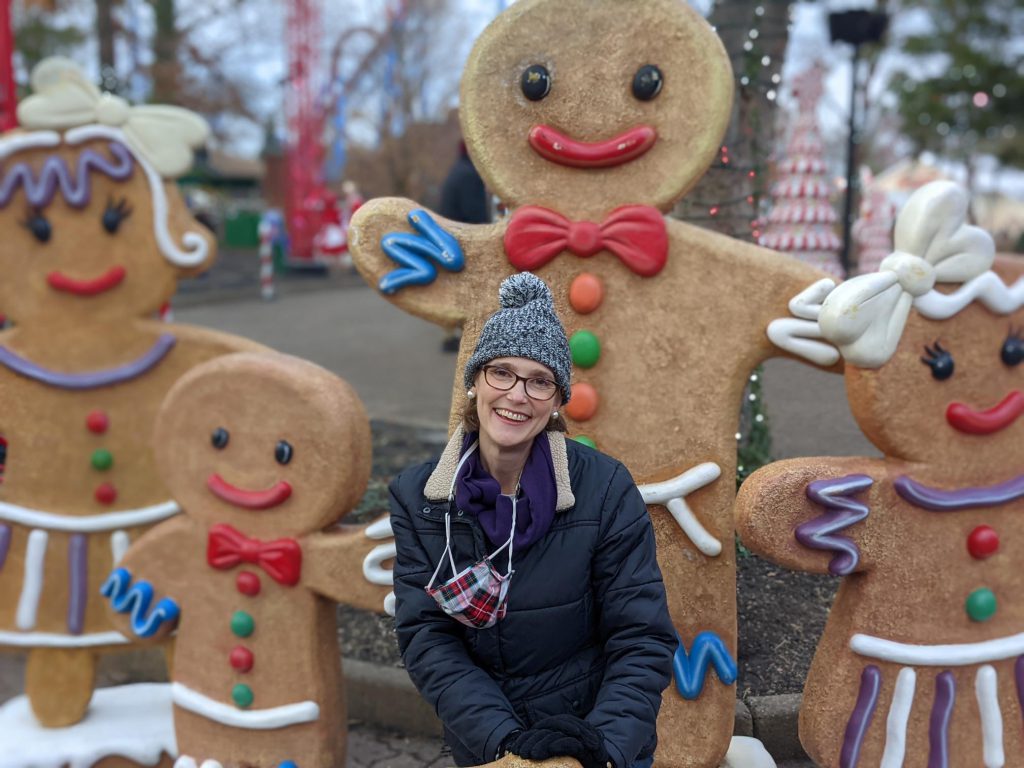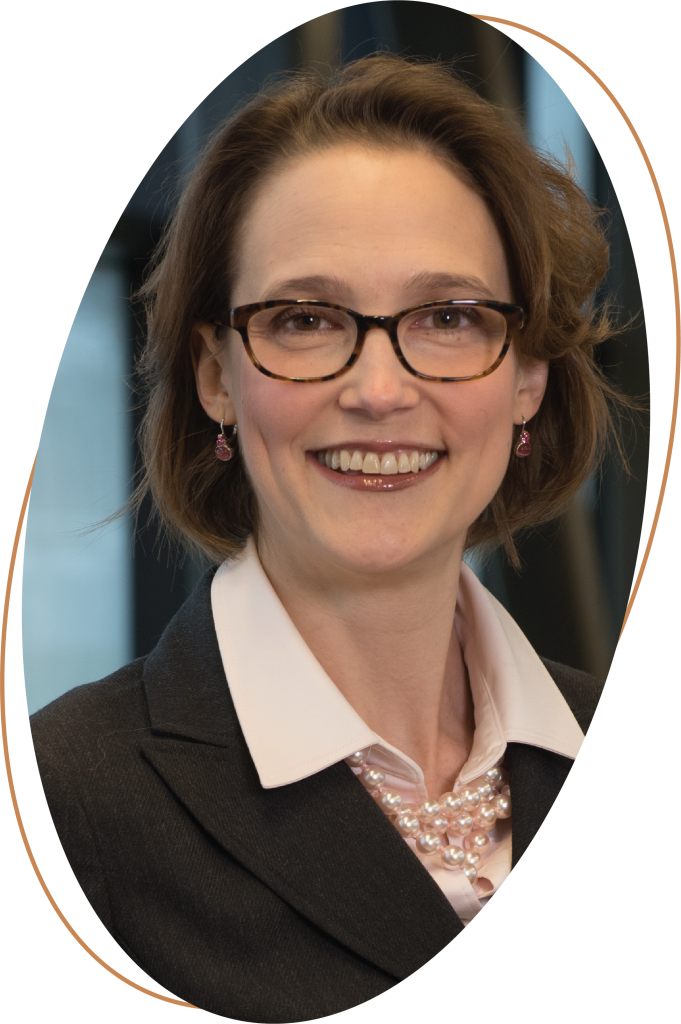Meet the board: Rachel Blakeman, JD

Q: What is your name, occupation and how long have you volunteered to serve on the St. Joe Foundation Board?
Rachel Blakeman, director of the Purdue University Fort Wayne Community Research Institute, September 2021.

Q: What inspires you about the Poor Handmaids of Jesus Christ and their Foundress Saint Katharina? Are there particular values or works that you find especially important?
The Poor Handmaids of Jesus Christ have a deep commitment to serving the community’s most vulnerable people as exemplified by their mission statement of “stand with the poor and powerless in the search for justice.”
Q: Please share a memorable interaction you have had with a grantee and their staff/clients.
While I am newer to the board, our site visit to the new YWCA Northeast Indiana location at what was the Don Hall’s Guesthouse last year showed what potential that site offers. I look forward to the life-changing services that agency will provide there, especially since it is one of the few substance use treatment programs in Indiana that keeps mothers and children together during treatment, preserving that important bond between parent and child. YWCA leadership has been very committed to providing evidence-based and evidence-informed programs.
Q: What do you enjoy most about serving on the St. Joe Foundation Board?
This board is incredibly committed to funding programs and services in the impact areas of prenatal and infant care, nutrition and food insecurity, access to quality affordable healthcare, refugees and immigrants, and partners in the spirit. While we take those areas seriously, we have given ourselves a fairly broad lane in which to operate. In other words, these impact areas provide clarity not constraint in supporting needed services for our most vulnerable community members. We are very intentional in selecting our grantees and programs. It is an honor to see the amazing work happening locally.
Q: Tell us about an accomplishment in your professional or private life that you are proud of.
In my role at the university, I am honored that my work at CRI allows me to educate and inform the public about critical community issues. When possible, I highlight how policies and procedures benefit or diminish disadvantaged populations to raise awareness of the plight of vulnerable people and how it doesn’t have to be this way if we don’t want it to be.
